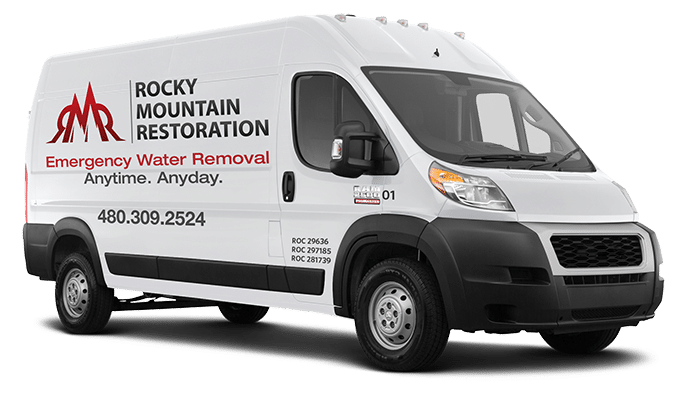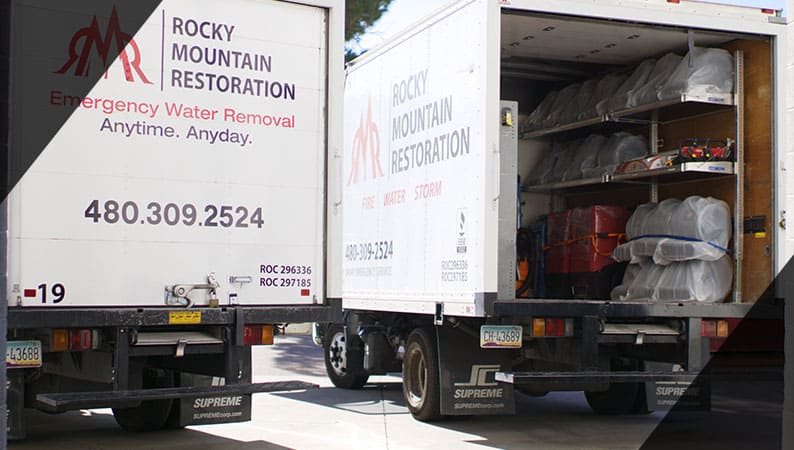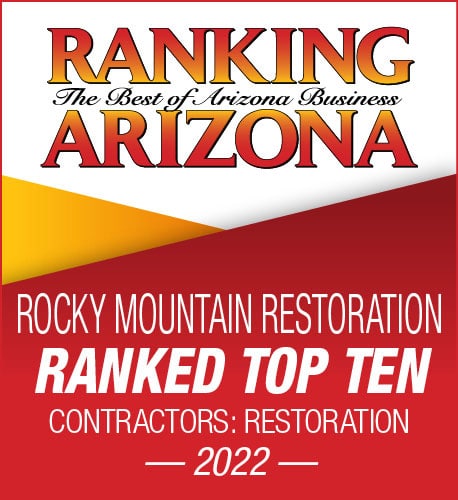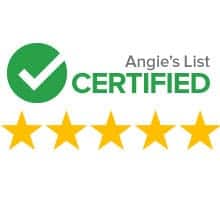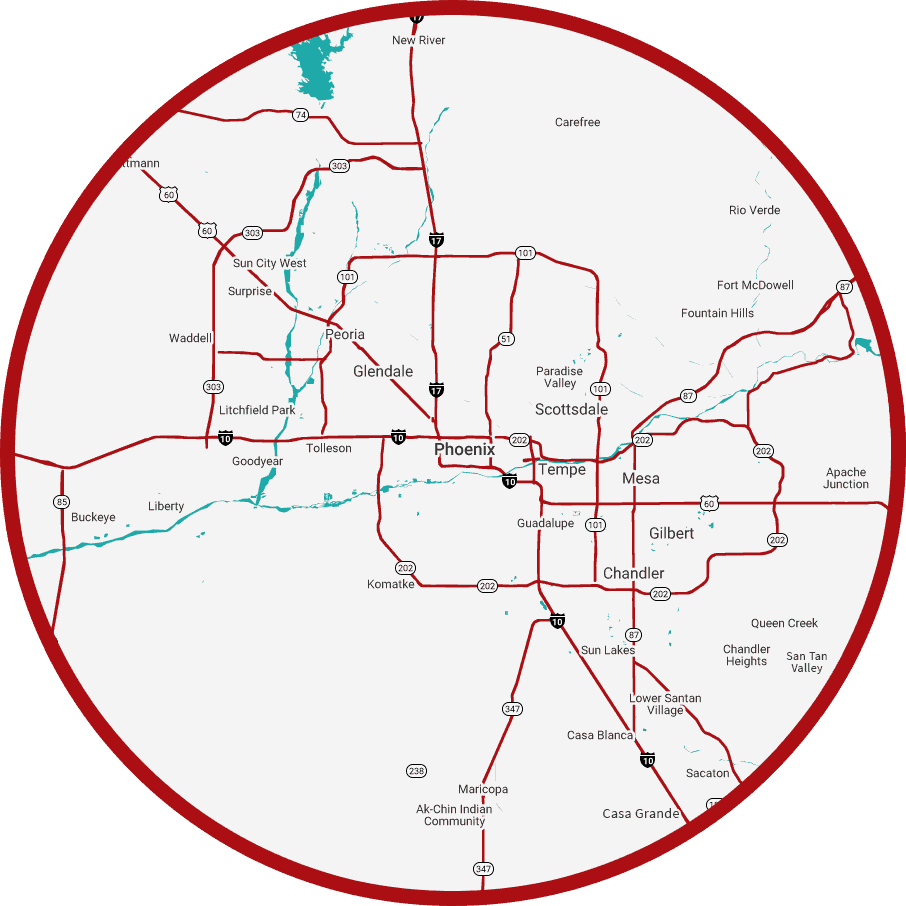Regardless whether the flood originated from a bursting pipe or natural disaster, one question lingers in many homeowners’ minds. Is it safe to live in the home? The answer depends on the home’s stability during and after water damage. Homeowners must answer these questions truthfully.
Home Status
Where is the source of the water? It originated from somewhere, so finding the source is imperative. The answer determines whether staying in the house or moving out is appropriate. Clear water such as sinks, water heaters, and washing machines isn’t threatening. Dirty water such as sewage, gray water, and water from natural disasters are not safe.
What rooms received water damage? Certain rooms are less important than other rooms in the home. Homeowners can stay in homes where water damage affected unused rooms. Homeowners can work around water-damaged bedrooms, garages, home offices, laundry rooms, dens, and craft rooms by finding alternate solutions. Losing bathrooms and kitchens, primary functions of the house, to water damage are troubling.
The Restoration Process
Can homeowners sacrifice privacy so professionals can perform the task? Water extraction teams and water restoration teams will walk in and out of the home removing things and adding things without warning.
Can homeowners sacrifice peace and quiet? The same professionals removing water, mold, and mildew along with cleanup and restoration will use noisy equipment to perform the task. This may interfere with home activities such as listening to music, watching television, or talking on the phone.
Will a homeowner risk his or her health to stay there? Sometimes, chemicals are necessary to clean up water damage and prevent mold and mildew from surfacing. Consequently, individuals, families, and pets are breathing in toxic fumes and mold spores. Continue inhaling mold and toxic fumes may cause future health hazards.
After answering these questions, contact the home insurance provider to file a claim. The insurance provider will send someone out to assess the damage thoroughly. Insurance agents decide coverage based on findings and the homeowner’s policy. Ask for ALE, or additional living expense coverage. This covers relocation during restoration. Unfortunately, if homeowners receive coverage, the insurance provider believes the home is unsafe.
It is problematic finding accommodations during this difficult time. However, staying in the house during cleanup and restoration could jeopardize inhabitants’ privacy, safety, and well-being. Still, if homeowners live in the home during restoration, contact a company like ours who can juggle work with family.
